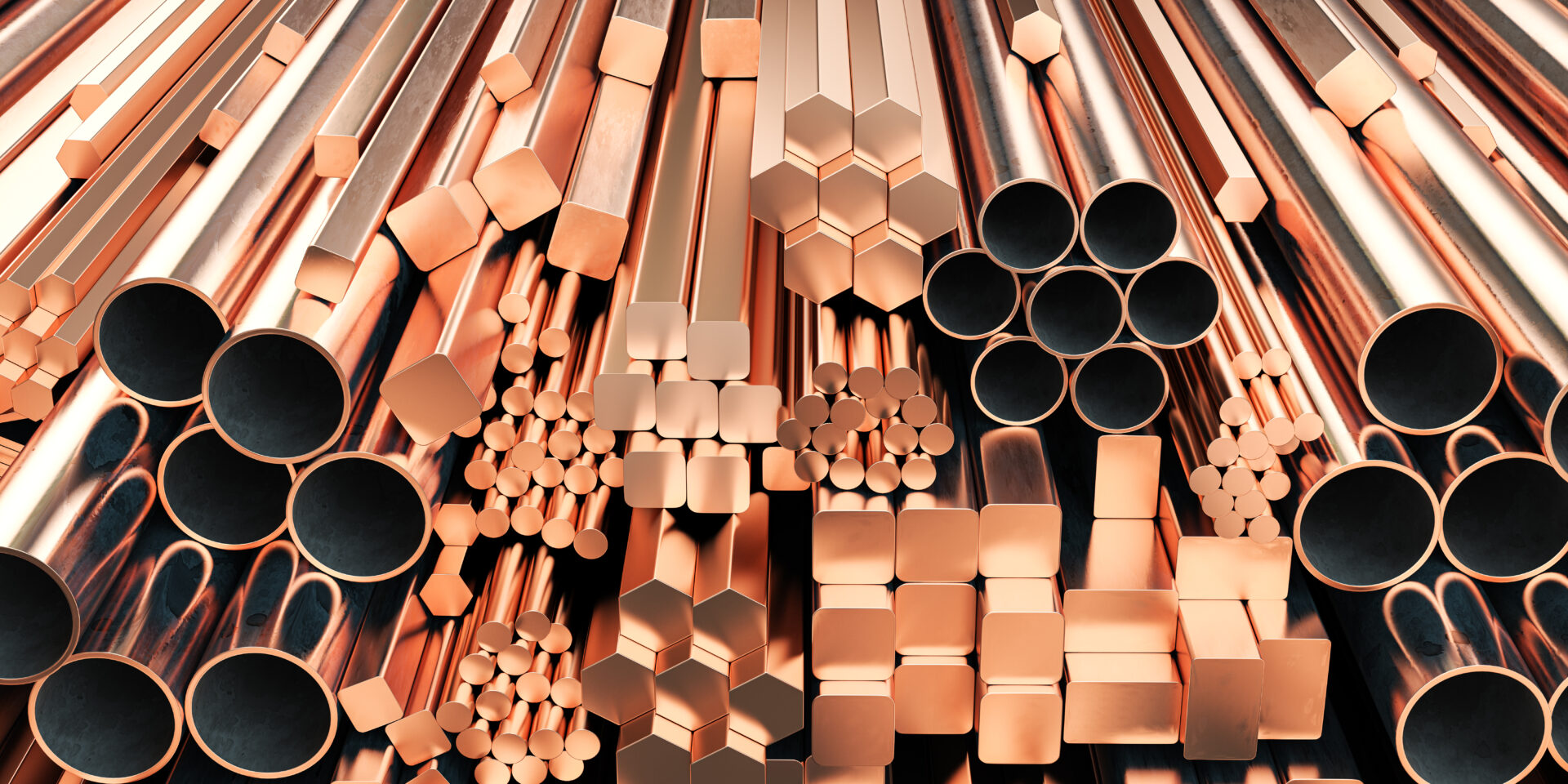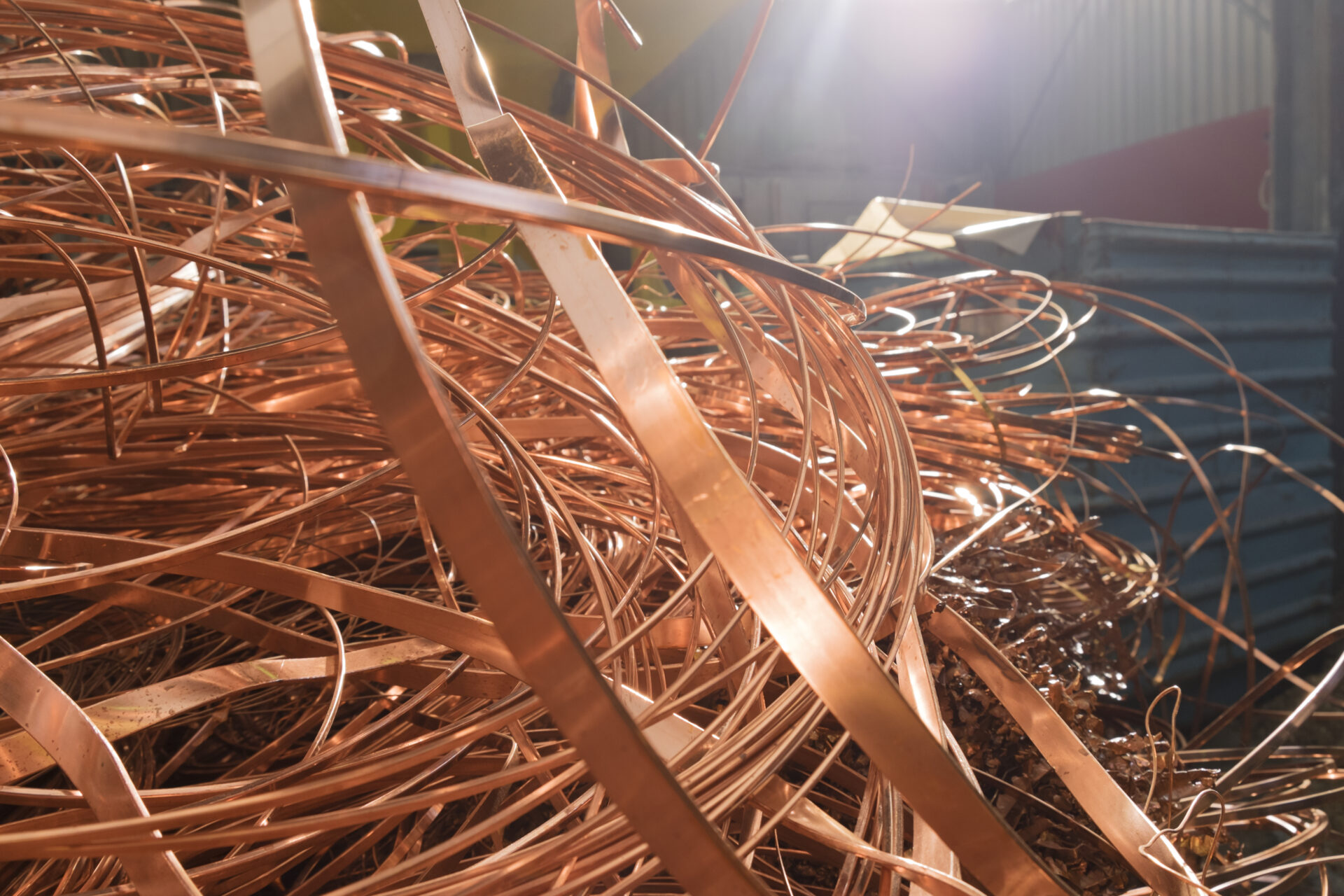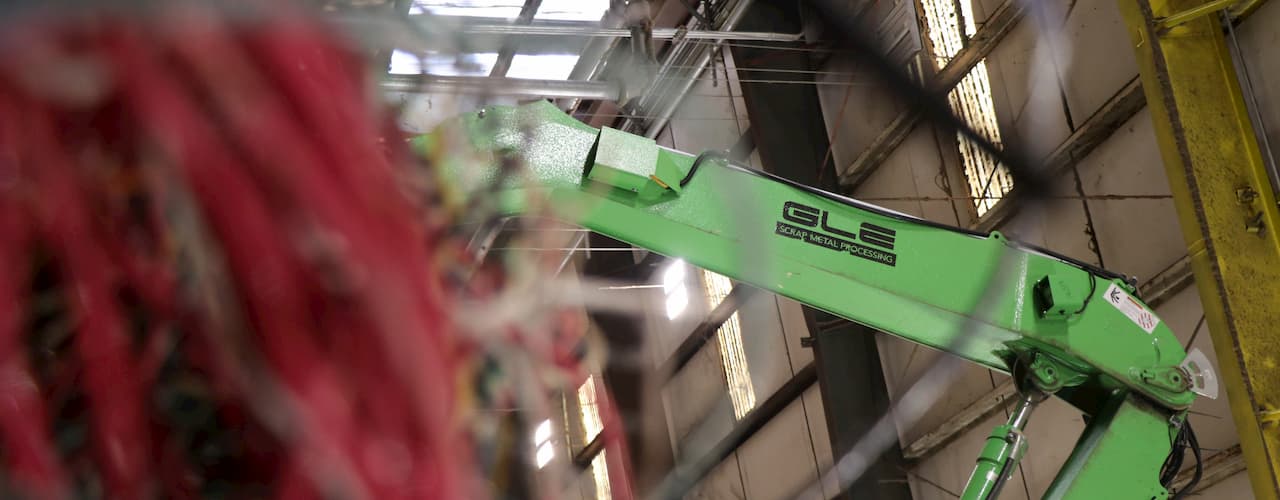
The effect of the Coronavirus on the world and national economy is starting to show. Today we want to cover how contributing to a circular economy can help us all stay afloat through uncertain times, and help create a more sustainable business model that will in turn benefit everyone in the long run.
Recycling has always been important, but in the face of exactly how Coronavirus affects global trade and goods, we must recycle. Between the oil battle ongoing in OPEC and Covid-19, we can protect our businesses and each other.
It all starts with the idea of a circular economy.
What is a Circular Economy?
A circular economy, or recycling economy, is an economic system designed to reuse resources for as long as possible. The service life of products and materials are stretched to provide the most significant benefit to the cost of labor, pollution, and fabrication. Extended those lifecycles strengthen economies against recessions by reducing scarcity and driving down manufacturing costs.
Companies usually save money when using recycled materials for creating new products. In turn, it reduces pollution because there is no need to develop new materials. That drives down costs while improving security and waste management.
How Does a Recycling Economy Work?
For example, if a company wanted to buy a set of steel shipping containers, they would need a mining company to get raw iron. Then, the iron would have to be worked by a processing plant to turn it into steel. Finally, the company would need a manufacturing business to construct new steel into those shipping containers.
Whereas in a circular economy, new steel rarely needs to be mined. Instead, old steel shipping containers, rebar, and other steel products are melted down and sold to the manufacturing business to make new shipping containers.
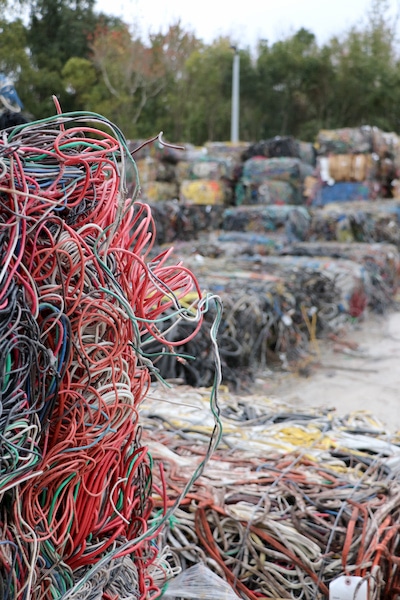
Why is the circular economy important?
Everyone understands there’s an environmental benefit.
Recycling metal and plastic only leaves behind a fragment of carbon, chemical, and microplastic pollution than obtaining new materials. Carbon pollution affects the very air we breathe and increases the greenhouse effect of the ozone layer. That means it gets harder and hotter to breathe the less we recycle. Mining new metals creates an immense amount of carbon and chemical pollution.
Microplastics are the microscopic remnants of plastic bottles, toys, and large items. Over time, plastic trash turns into tiny beads that small creatures invisibly ingest and die. These miniature plastics carry toxic chemicals and are currently killing millions of fish in the ocean and rivers. In the long run, people won’t be able to eat certain fish anymore.
Each Product Lifecycle Created From Recycling Means Cheaper Products
Every time a company starts using recycled materials, their operating costs go down. Because recycled materials are cheaper to produce, businesses can sell their services for less than the competition, which means more affordable products for everyone.
It gets even better.
A recycling economy is a two-way street for business owners. They can gather old metals, plastics, and techwaste and sell them to recycling centers. Construction companies, Plumbers, and even other mining operations benefit from spinning old waste into gold.
Manufacturing companies often don’t have a choice– metal debris often comes off in tiny, flammable, and sharp pieces called swarf. This waste needs to be cleaned and removed from the manufacturing area so that it doesn’t cause an accident. The companies often generate so much swarf that they schedule pickups with recycling centers to help prevent a disaster.
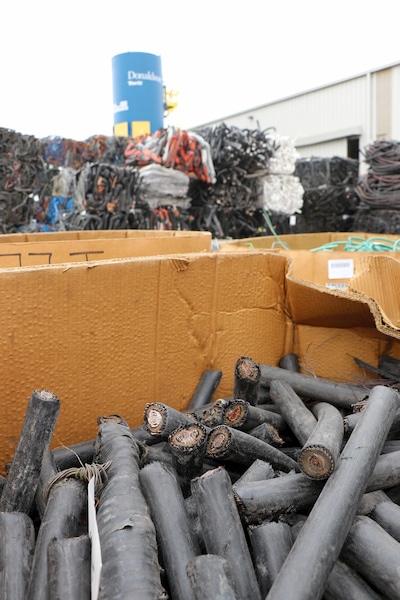
A Recycling Economy is a Stronger Economy
So how does Coronavirus have anything to do with a circular economy? While the Coronavirus wreaks havoc on the world, getting new materials is exceptionally more difficult than before. Expanding the amount of time we use a substance helps nations keep producing even while resources grow scarce.
In times of crises, such as war, recession, or pandemic, recycling can stop us from running out of invaluable stock.
The Oil Price War is Changing Plastic Recycling
However, while the Coronavirus has been rampaging, the oil war between Saudia Arabia and Russia has created a massive drop in oil prices.
Why does this matter?
We make plastics out of oil. An overproduction in oil dramatically reduces the cost of fabricating new plastic products– so much so that it’s currently cheaper to make new plastic products than to use recycled plastic products.
How Ignoring Recycling is Hurting Large Plastic Manufacturing
The oil war, combined with Coronavirus, has created a massive spike in carbon and plastic pollution. Despite that, international trade is slow and cautious—all in an attempt to not spread the virus during the pandemic.
Whereas plastics won’t degrade before trade returns to normal, the food and other items inside plastic containers might. This will cause a massive loss to many producers that use plastic as a vehicle for their products.
The Powerful Economic Effect of Metals Recycling
By working with the recycling economy, businesses can help sustain each other in times of crisis like the Coronavirus. As canned food companies receive a jump in sales, governments are labeling recycling centers as essential businesses.
Businesses and consumers can work together to support everyone and keep supply lines running smoothly. Most metals are nearly 100% recyclable and can be reforged almost indefinitely.
By utilizing metals in a green economy, we all benefit. Product manufacturers can stabilize themselves from the fluctuations caused by the oil market. Meanwhile, parts manufacturers can work with metal recyclers to create a more secure supply of goods to protect themselves during disasters.
Everyone else can breathe a sigh of relief that businesses are still making materials, food remains on the shelves, and that we’re all going to make it through this.
Do Your Part in The Recycling Economy
We can all help each other by recycling now more than ever. While metal is exceptionally recyclable, only about 70% of it makes its way back to metal recyclers. Every step we take towards a recycling economy means a safer, healthier, and cheaper future.
If you’re a fabrication, auto repair, manufacturing, or construction business owner looking to deal with your scrap metal, give GLE Scrap Metal a call. We can help you create a sustainable recycling plan to get through this epidemic. Together we can create a brighter future.


